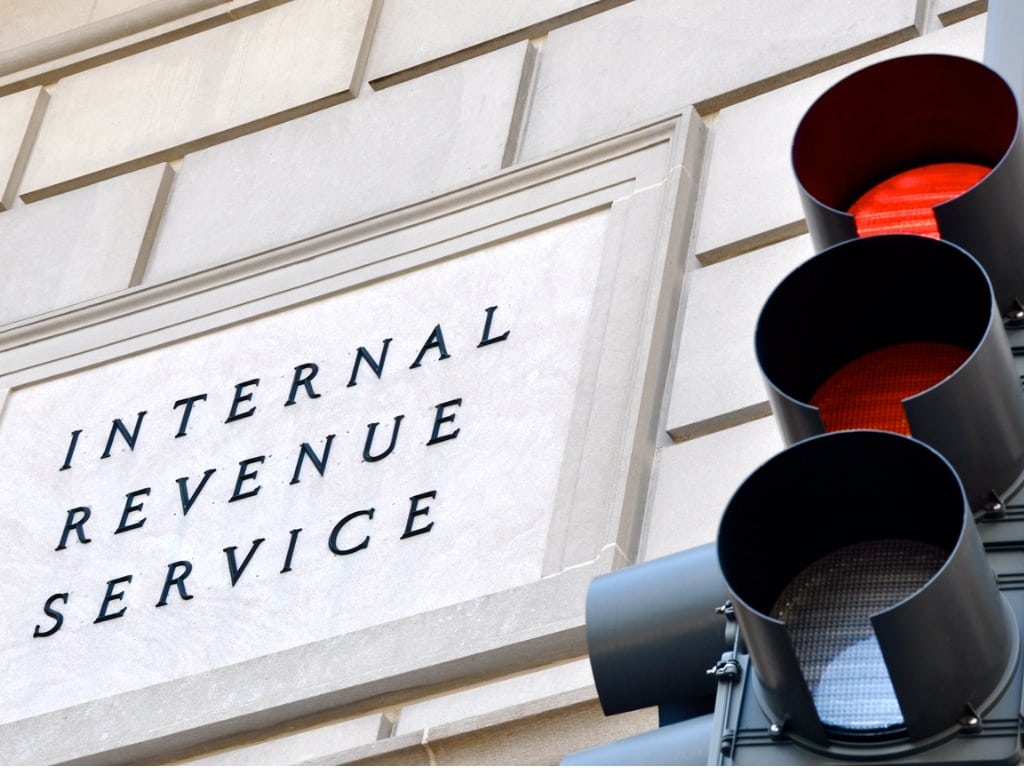On June 7, the Internal Revenue Service (IRS) Whistleblower Office published its annual report for Fiscal Year (FY) 2021. The report provides information about the Whistleblower Program’s performance from October 1, 2020 to September 30, 2021. But whistleblower advocates are disappointed with FY 2021’s numbers.
“In FY 2021, the Whistleblower Office made 179 award payments to whistleblowers totaling $36,144,926 (before sequestration), which includes 20 awards paid under Internal Revenue Code (IRC) § 7623(b),” the report states. The proceeds collected from the Whistleblower Program were $245,303,646.
According to the report, “[w]histleblower claim numbers assigned in FY 2021 grew by 55 percent year over year, the second highest level of new claim numbers in the history of the program and claim closures also increased by 13 percent.”
The report includes information about the history of the IRS Whistleblower Program, the program’s operations and staffing, and “issues of interest,” or legislative issues and rules related to the Program.
The report also notes that “the Whistleblower Program operations continued to be impacted by the ongoing Coronavirus pandemic,” which “caused a slowdown in Whistleblower Program operations including intake processing, classification, payment processing, litigation, and closures.” According to the report, “[m]ost Whistleblower Program operational processes have been fully restored.”
In FY 2021, the IRS Whistleblower Program received a total of 645 claims related to awards; 380 claims from IRC § 7623(a) and 265 claims from IRC § 7623(b). From those claims, the Program awarded a total of 179 whistleblower awards. The total amount of whistleblower awards the Program doled out in FY 2021 was $36,144,926 before the sequestration reduction. “Sequestration reductions totaling $2,060,261 were applied to awards paid during FY 2021,” the report states.
The report also contains information about payment and claim processing: in FY 2021, the “average years from claim receipt to award payment” for 7623(a) claims are 8.52 years, while for 7623(b) claims are 11.10 years.
“Average claim processing time for IRC § 7623(b) award payments made during FY 2021 increased by 2.9% from the prior year and average claim processing time for IRC § 7623(a) award payments increased by 10.4%,” the report states. It explains: “Claim processing time is measured by comparing the date the Form 211 is received (start date) and the date the award is paid (end date). There is a high likelihood that the average claim processing times will continue to increase as claim inventory continues to age while the Whistleblower Office awaits audits, exams, investigations, appeals, tech services, collection, statutes to expire, and whistleblower litigation.”
The report also contains information about the types of allegations that the whistleblower claims submitted on Form 211. The information, which started to be collected on June 1, 2021, shows that “Unreported Income” is the most common allegation, followed by “General Allegations of Fraud, Tax Fraud, Wire Fraud, Insurance Fraud, Etc.,” “False Dependent Exemptions,” and “Employee vs. Subcontractor.”
According to the report, the IRS Whistleblower Hotline, the line got 1,833 total calls in FY 2021. The report also contains geographic information about where the claims originated from: the region with the largest number of claims submitted was the Eastern Region of the United States.
Whistleblower advocates expressed their disappointment in the IRS Whistleblower Program’s FY 2021 data. According to the National Whistleblower Center (NWC), the number of dollars collected from whistleblower claims decreased significantly from $1.44 billion in 2018. “Awards to whistleblowers have dropped to $34.5 million – almost a tenth of where the program was in 2018,” NWC states in a press release.
“There is no way to make these outrageous numbers look good. It is extremely dispiriting to see these results,” said Dean Zerbe, partner at Zerbe, Miller, Fingeret, Frank & Jadav who represents tax whistleblowers. “The IRS and Treasury management need to take a hard look and recognize that the best program the IRS has for going after big-time tax cheats is in a ditch.” Zerbe suggests several ways in which the agency can improve the program.
Siri Nelson, Executive Director of NWC, stated that the data from the IRS’ report is “extremely disappointing. The low numbers are especially troubling when other whistleblower award programs have had banner years – the CFTC and SEC award programs as well as the False Claims Act. The only people celebrating these low numbers for the IRS whistleblower program are the millionaire and billionaire tax cheats.”
“The IRS whistleblower program was key to breaking open secret Swiss banking and other tax evasion,” Nelson continued. “The American taxpayer is right to be concerned that the IRS make full use of the whistleblower program – which has a proven track record of successfully going after tax cheats. The Treasury has talked a great deal about going after tax evaders – but the results in today’s annual report are deeply troubling.”
Stephen Kohn of Kohn, Kohn and Colapinto, LLP stated, “The IRS whistleblower report should be a massive wakeup call to the Congress that it needs to take action now and pass the bipartisan and bicameral reform legislation – the IRS Whistleblower Program Improvement Act.” Kohn states that passing the act “will send a strong signal of support for the program to the IRS and to whistleblowers.”
